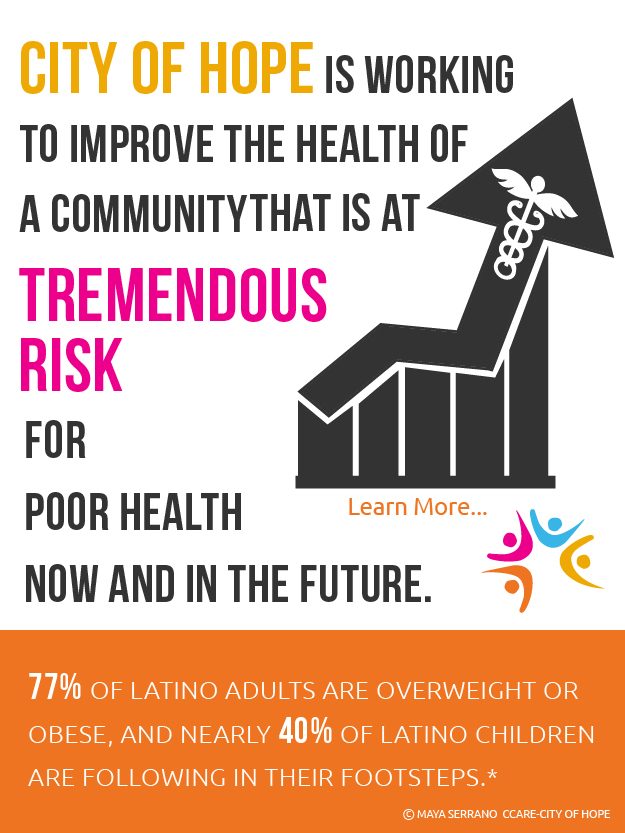Personalized Care
Fruits and Vegetables – Getting Enough?
05/09/2014 01:53pm | 9330 viewsBy Janelle Gunn, MPH, RD and Gebra Cuyun Carter, PhD, MPH, RD
Most of us acknowledge that we need to eat more fruits and vegetables, but why should we do this and is it really that easy? There are many important nutrients in fruits and vegetables that promote health and lower the risk of developing certain chronic diseases. Fruits and vegetables are low in calories and fat, while high in many important vitamins, minerals, and fiber. Replacing a higher calorie snack with a fruit or vegetable may also help in efforts to maintain or lose weight.
Treatment Insights
How Inaccurate Diet Reporting Hurts Hispanics
24/11/2014 07:48pm | 8754 viewsIt can be an uncomfortable thing to tell someone your dietary habits, especially when they aren’t what most would consider healthy. Inaccurate diet reporting isn’t surprising, but it may do more harm than initially realized, particularly for Hispanics.
Healthcare Disparities
Latino Childhood Obesity: Hispanic Parents Not Informed By Pediatricians Of Their Child's Weight Problem
07/01/2015 12:00pm | 8806 viewsObesity is a public health epidemic that impacts both adults and children -- the Centers for Disease Control and Prevention (CDC) revealed, as published in JAMA Pediatrics, that one out of every three children in the U.S. is considered overweight or obese. According to findings from Arizona State University, Hispanics in the U.S. have high obesity rates, with an estimated 55 percent qualifying to fit in that category.
Lifestyle
15 Tips for Making Healthy Choices While Dining Out
21/01/2015 06:00am | 7719 viewsIf there’s one massive mistake that’s more likely to sabotage your program than any other, it’s making bad choices at restaurants. In study after study, the more frequently you are eating in restaurants correlates to higher body fat. It all makes sense when you look at how things have changed in the past several decades.
Personalized Care
Obesity Can Take 8 Years Off Your Life
10/06/2015 09:26am | 7600 viewsObesity can shorten someone’s health span by as many as 8 years, says research released this month in “The Lancet Diabetes & Endocrinology” journal. When coupled with the complication of type 2 diabetes–one of the most common obesity-related health issues– that number can more than double, decreasing a life span by almost 20 years.









